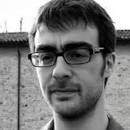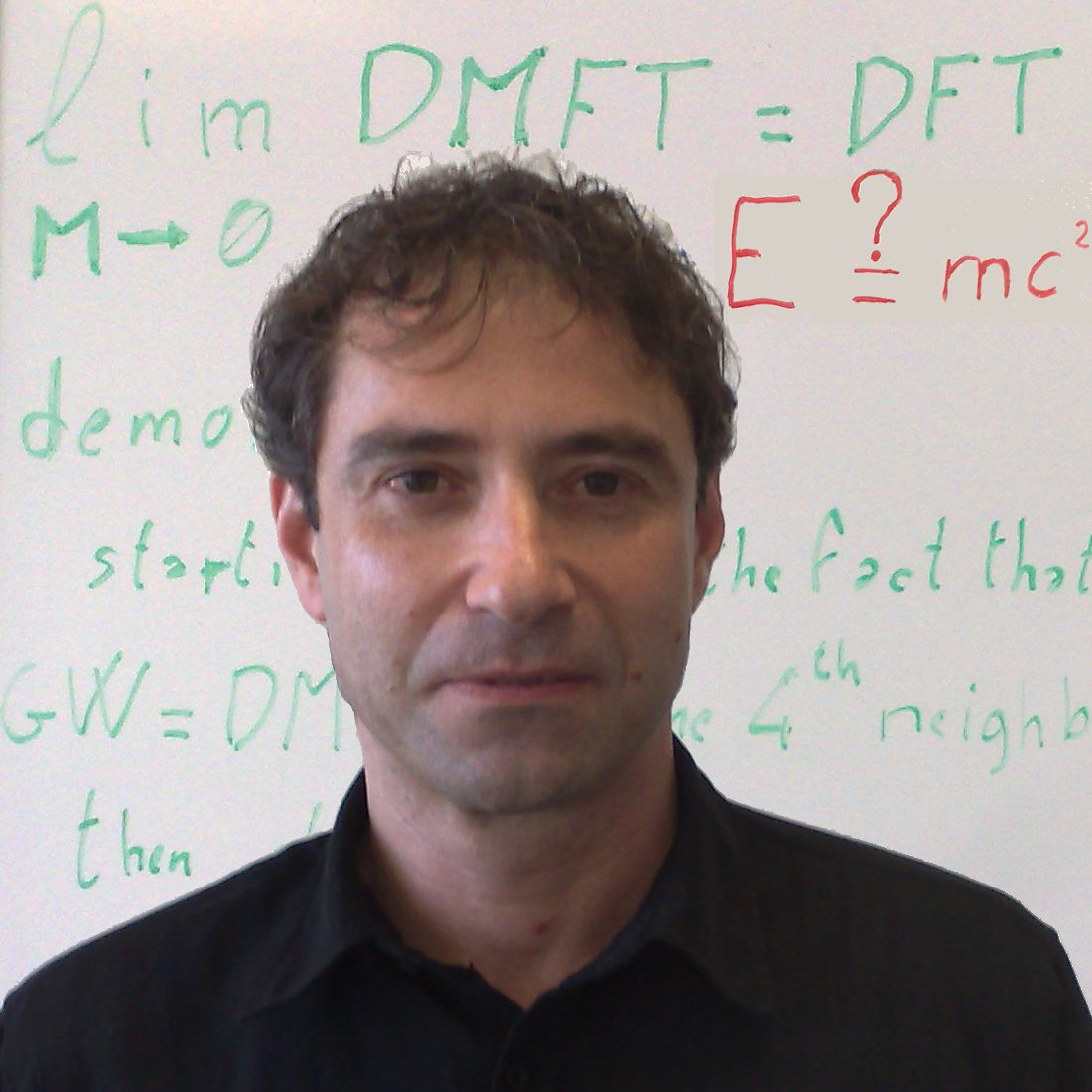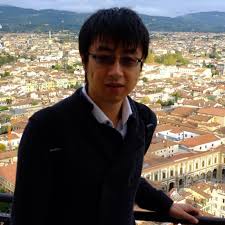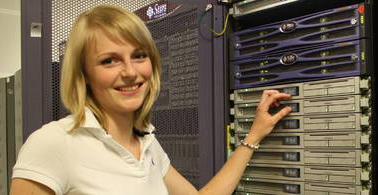Condensed Matter theory group
We are engaged in the study of the fundamental mechanisms underlying the properties of a large class of materials,
including magnetic or multiferroic systems, conventional (BCS) or high-TC superconductors, organic compounds for
molecular electronics and photovoltaics, 2D materials such as graphene or dichalcogenides, etc. From a methodology
point of view, the group gathers a large expertise in analytic theories and numerical modeling, through parametrized
model Hamiltonian or quantum
The condensed matter ab initio subgroup
Permanent members: Gabriele D'Avino (CR CNRS), Xavier Blase (DR CNRS), Marie-Bernadette Lepetit (DR CNRS), Valério Olévano (DR CNRS). (Claudio Attaccalite now in CINAM, Marseille)Ph.D: Massimiliano Comin
Recent former PhDs: Carina Faber
Recent former postdocs: Jing Li, Paul Boulanger, Elena Cannucia.

Artistic view of the three pilars of quantum simulations: theory (equations, approximations, etc.), computer implementation (algorithms, codes in fortran/C++/MPI, etc.) and material science (analysis of the structural and electronic properties of real or "invented" materials). Picture for the "Fiesta project" presented for the 2013 national Bull-Fourier prize (Blase/Duchemin).
A important component of the group is a very strong expertise in




